You might think you’re eating healthy, but your plate could be lying to you. Every “low-fat,” “detox,” or “superfood” trend promises wellness, yet most of them quietly twist the truth.
Modern nutrition isn’t short on advice, it’s drowning in misinformation. And the result? Confusion disguised as discipline.
Here’s what experts really say about the 15 most common nutrition myths still fooling even the most health-conscious eaters.
Why Myths Around Healthy Nutrition Keep Spreading and Confusing People
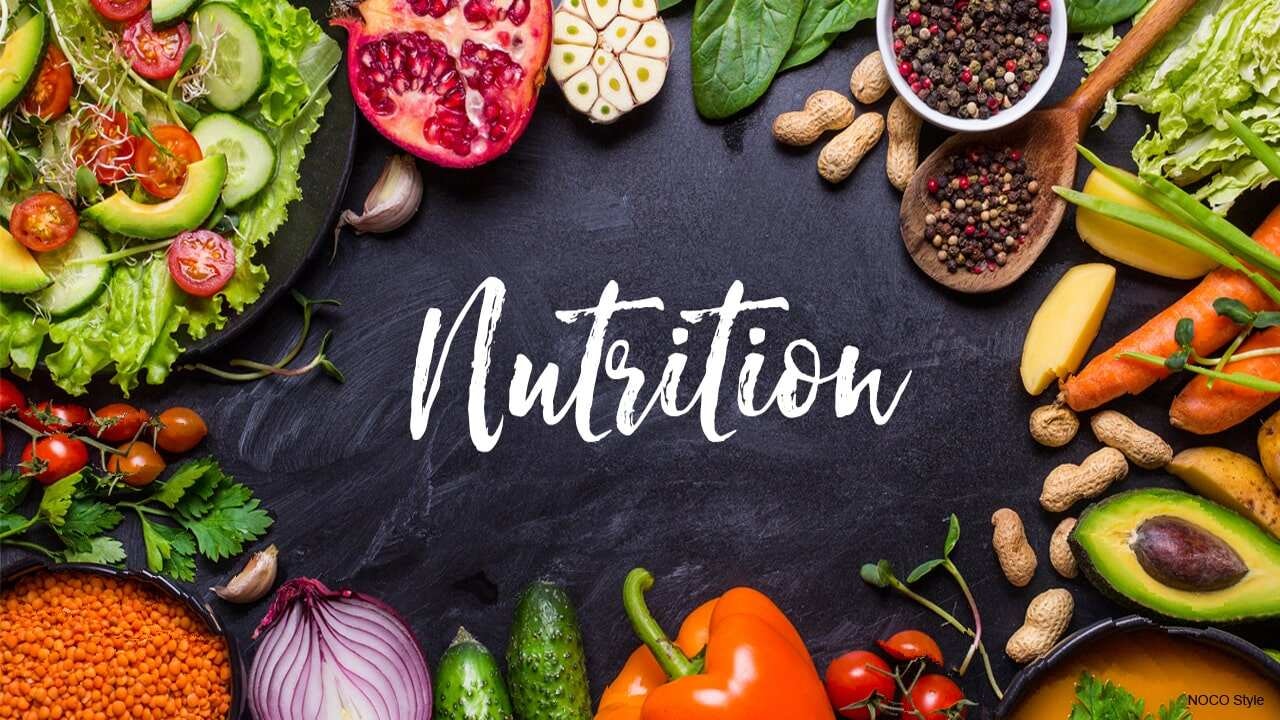
Fad diets and highly processed foods have created more confusion than clarity around what a healthy life truly means. Without guidance from a qualified health professional, misinformation about nutrient poor foods, chronic diseases, and diet risk factors spreads fast.
Here’s why misinformation keeps spreading:
-
Fad diets simplify complexity – Nutrition is nuanced, but catchy diet names make it sound effortless. “Low-carb,” “sugar-free,” or “detox” trends remove context and turn science into slogans.
-
Marketing disguises unhealthy choices – Processed foods often use “natural,” “fat-free,” or “fortified” tags that imply health benefits even when loaded with sugar, sodium, or additives.
-
Social media fuels half-truths – Aesthetic influencers present opinion as fact, creating echo chambers where scientific accuracy rarely wins.
-
Lack of credible guidance – Without advice from a qualified health professional, people rely on online trends, not actual dietary evidence.
The result is confusion that feels convincing. To separate fact from fiction, you first have to see how these myths shape everyday eating habits, which is exactly what the next section breaks down through 15 of the most common nutrition misconceptions still guiding people’s choices.
Curious if your current diet is truly balanced? Discover personalized plans designed by certified nutritionists at Balanced Bite
15 Popular Nutrition Myths that People Still Believe
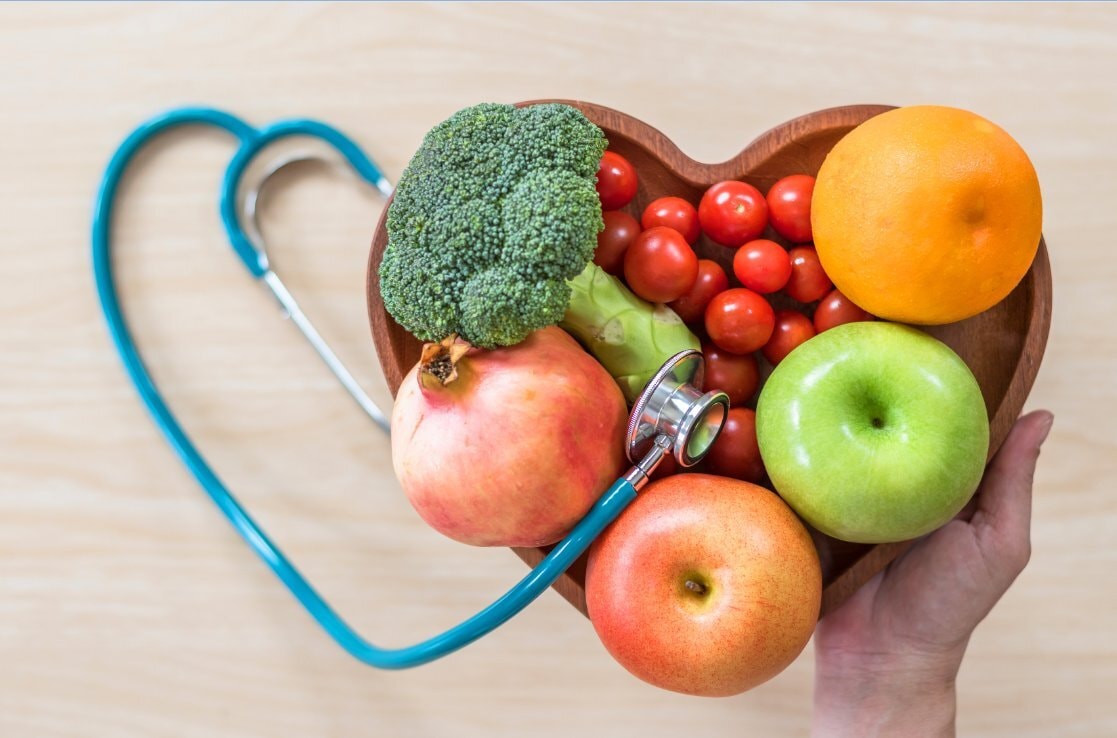
Every year, health professionals debunk the same nutrition myths tied to weight loss, balanced diets, and healthy fats. Yet, social media and half-truths make them hard to kill.
Understanding why these beliefs exist helps separate science from noise and build habits that actually reduce disease risk in daily life.
1. High Fat Foods Automatically Make You Gain Weight
High fat dairy products, nut butters, and olive oil often get blamed for excess body fat, but these healthy fats can actually improve heart disease markers when eaten mindfully. The real culprit is more calories from unhealthy trans fats and poor food balance.
“Fat doesn’t make you fat. Excess calories do.” — Dr. Mark Hyman
Reality: Healthy fats don’t directly lead to weight gain unless total calorie intake exceeds what your body burns. Unsaturated fats from olive oil or nuts can even help lower blood cholesterol and protect heart health.
The danger lies in saturated and trans fats from fried and processed foods that promote excess weight and poor metabolism.
2. Fat Free Products Are Always the Healthier Option
Low fat and fat free foods sound appealing, but they’re often loaded with added sugar and unhealthy fats to boost flavor. Full fat yogurt or balanced dairy can provide essential nutrients missing from fat-removed versions. Labels rarely tell the full truth.
Reality: Removing fat doesn’t make food healthier. Many “fat-free” products replace fat with sugar, sodium, or starch. Choosing saturated fats from whole dairy in moderation supports nutrient absorption and reduces cravings, unlike processed foods that destabilize blood sugar.
3. A Gluten Free Diet Is Necessary for Everyone
Unless you have celiac disease, gluten free foods offer no special health benefits. Whole grains deliver vital nutrients and support a nutritious diet that strengthens gut health. Avoiding gluten unnecessarily can limit your healthy diet diversity.
Reality: Gluten-free doesn’t equal healthier. Unless you’re intolerant, skipping grains can reduce fiber intake and impact digestive function. Whole grains provide steady energy and support the digestive system, lowering risks of digestive and kidney diseases.
4. Avoid Gluten Completely to Stay Fit
Cutting gluten without medical need may deprive you of essential nutrients and nutrient dense foods. For most people without celiac disease, whole grains remain part of a healthy and sustainable diet that lowers chronic disease risk.
Reality: Gluten itself doesn’t lead to weight gain. The issue arises when people replace grains with calorie-heavy alternatives. Whole grains like oats or brown rice support long-term weight loss and balanced energy. Avoid unnecessary restriction unless medically advised.
5. You Must Cut All Carbs to Lose Weight and Burn Fat
Carbs like brown rice, whole wheat pasta, and whole grains provide lasting energy intake and support balanced diet goals. Replacing them entirely with protein or fat can slow weight loss and create nutrient gaps. Smarter carb control, not elimination, is the answer.
“Carbs aren’t the villain, the wrong carbs are.” — Rujuta Diwekar
Reality: Carbohydrates are not your enemy. Choosing complex carbs over white bread and sugary foods prevents excess weight gain and supports gut balance. Whole carbs provide fuel for workouts, mental clarity, and steady energy throughout the day.
At Balanced Bite, we help you build smarter carb strategies without giving up flavor or results
6. Eating Late at Night Always Leads to Weight Gain
Weight gain has more to do with total calorie intake and energy balance than timing alone. Late meals are fine when portioned properly and matched with activity. It’s consistency, not the clock, that shapes healthy weight outcomes.
Reality: Your metabolism doesn’t shut down after dark. Eating small, balanced meals late won’t lead to weight gain unless calorie intake is excessive. The type of food and your daily energy balance matter more than timing.
7. Fresh Fruit Is Always Better Than Frozen or Canned
Frozen or canned fruits often retain vitamin C and other vital nutrients equal to fresh ones. They’re convenient, nutritious, and part of a healthy eating routine that delivers lasting health benefits. What matters is variety and portion, not just freshness.
Reality: Frozen or canned fruits without added sugar are equally healthy. They preserve essential nutrients and fiber while avoiding spoilage. Prioritize variety, portion, and low additives over storage form for lasting nutrition benefits.
8. You Can Skip Fruits and Vegetables If You Take Supplements
Supplements can’t replace plant based foods packed with vital nutrients and fiber. Eating fruits and vegetables regularly provides nutrient dense foods that reduce chronic disease risk and improve overall wellness. Real food always wins.
“You can’t supplement your way out of a bad diet.” — Dr. Frank Lipman
Reality: Supplements can fill small gaps but can’t match real food. Whole produce contains antioxidants, enzymes, and fiber that pills lack. A balanced plate protects against digestive and kidney diseases and supports long-term metabolic health.
9. Intermittent Fasting Works the Same Way for Everyone
No single fasting pattern fits all. Results depend on calorie intake, energy levels, and individual risk factors. Consulting a qualified health professional helps tailor plans safely for your body and prevents nutrition-related disease risk.
Reality: Fasting results vary by metabolism, activity level, and total calories. While some people see weight loss, others risk fatigue or muscle loss. A professional can customize fasting safely without harming digestion or nutrient absorption.
10. Certain Foods Can Magically Burn Fat or Detox Your Body
No single food burns fat or removes toxins. Overreliance on highly processed foods and fad diets raises chronic disease risk instead. Balanced eating and portion awareness remain the only real detox tools your body needs.
Reality: Your body detoxes itself naturally through the liver and kidneys. Eating clean doesn’t mean chasing miracle drinks, it means avoiding saturated fats and processed foods that overwork the system. Balanced meals and hydration are the true “detox.”
11. High Fiber Foods Are Only for Digestion, Not Weight Management
Whole grains and brown rice do more than aid digestion; they stabilize blood sugar, lower digestive and kidney disease risks, and support steady weight control. High fiber foods belong in every healthy diet.
Reality: Fiber also helps in losing weight by improving fullness and controlling cravings. It regulates blood sugar, lowers blood cholesterol, and supports heart health, making it essential for both digestion and weight loss.
12. You Can’t Gain Weight Healthily Without Junk Food
Gaining weight doesn’t require nutrient poor options. Nut butters, olive oil, soy milk, and plant based foods rich in essential amino acids and high quality protein offer a cleaner path to progress without unhealthy fats.
Reality: Healthy weight gain is built on nutrient-dense foods, not empty calories. Whole fats, milk, and avocados help build muscle mass without harming blood cholesterol. Avoid processed foods that cause inflammation and poor recovery.
13. Skipping Meals Helps You Lose Weight Faster
Skipping meals reduces calorie intake temporarily but backfires on energy and metabolism. Sustainable weight loss relies on steady meals that maintain healthy weight and prevent chronic disease complications.
Reality: Going long without food slows metabolism and increases cravings. Regular, balanced meals maintain blood sugar and help in losing weight sustainably while supporting energy levels throughout the day.
14. Eating Only Certain Foods Can Fix All Your Health Problems
No single food group carries every essential nutrient your body needs. Building a balanced diet from multiple nutrient dense foods ensures lasting health benefits and lowers chronic disease risk naturally.
Reality: “Miracle” foods don’t exist. Nutrition depends on variety, not obsession. Mixing fruits, vegetables, and lean proteins delivers full nutrient coverage and long-term protection against digestive and kidney diseases.
15. Healthy Eating Means Completely Avoiding High Fat or Carb Foods
Healthy fats and complex carbs are vital nutrients for energy and hormone balance. Removing them entirely disrupts your diet, raises heart disease risk, and limits nutrient dense food intake that supports a healthy weight.
Reality: Both saturated fats and carbs play key roles in metabolism. Over-restriction can lead to weight gain later due to rebound eating. Moderation, not elimination, creates real balance and protects your heart and energy levels.
A Scientific Look at What Balanced Nutrition Really Means
Science shows that a balanced diet blends plant based foods, animal products, and soy milk for complete protein and essential amino acids. Whole grains and nutrient dense foods reduce disease risk and chronic inflammation.
Eating this way builds a nutritious diet with reduced risk and long-term health stability.
A truly balanced meal includes:
-
Plant-based foods like fruits, vegetables, and legumes that supply antioxidants and fiber
-
Animal products such as eggs, dairy, or lean meat that offer complete proteins and essential vitamins
-
Soy milk and other plant proteins that round out amino acid profiles for those eating vegetarian or flexitarian diets
-
Whole grains that maintain steady glucose levels and support long-term gut and heart health
When these foods combine, they create nutrient synergy, the process where one nutrient improves the absorption of another. For example, pairing vitamin C–rich foods with iron sources enhances absorption and helps prevent fatigue, supporting both metabolism and recovery after weight lost.
This balanced approach also helps you avoid extremes. Diets that choose processed foods over whole ingredients often disrupt this balance, increasing inflammation and lowering nutrient efficiency. In contrast, a variety-driven plate keeps energy stable and supports a resilient metabolism.
In essence, balanced nutrition isn’t a trend, it’s a physiological requirement. It protects your organs, strengthens immunity, and sustains both physical and mental well-being for life
Want to see what a truly balanced meal looks like? Explore sample diet charts and expert-backed nutrition plans on Balanced Bite
The Smart Way Forward: Steps to Fact-Check Your Food Choices

Understanding what’s true about food starts with learning how to fact-check. Reading food labels, spotting fad diets, and consulting a qualified health professional can protect you from misleading advice. These steps make every meal an informed decision for a healthier life.
1. Question Any Claim That Sounds Too Good to Be True
If a fad diet or processed food promises instant results, it’s usually misleading. Always question bold health claims that lack support from a qualified health professional or real evidence.
Quick ways to assess red flags:
-
Look for absolute terms like “miracle,” “instant,” or “guaranteed.”
-
Ask whether the claim explains how the result happens or just sells the outcome.
-
Search for research or case studies behind the product.
Skepticism is your first defense against misinformation.
2. Check the Source and Credentials Behind the Information
Reliable advice comes from certified health professionals who study nutrition labels, not social media. Always verify who’s giving the guidance before changing your diet.
What to verify:
-
Education or certification in nutrition or medicine
-
Affiliation with a recognized institution
-
Whether claims are peer-reviewed or expert-approved
A credible source can make the difference between progress and confusion.
3. Look for Scientific Evidence, Not Social Media Opinions
Base your choices on peer-reviewed science that shows reduced risk of chronic diseases, not trends that ignore real health risk factors. Evidence always speaks louder than opinions.
Key signs of reliable evidence:
-
Research published in reputable journals
-
Studies with large, diverse populations
-
Conclusions backed by multiple research teams
Real science is slow, methodical, and dependable, exactly how good nutrition should be.
4. Compare Multiple Reliable Nutrition Sources
Cross-check claims with reputable sites, research institutions, or professionals who focus on balanced diet principles and healthy eating guidelines. Variety of sources builds trust.
For balanced research:
-
Compare recommendations from global health organizations like WHO or Harvard Health
-
Read summaries from registered dietitians instead of influencers
-
Look for consistency, real facts don’t contradict themselves
Variety helps you form a balanced perspective instead of a biased one.
5. Read the Nutrition Labels Instead of Marketing Tags
Ignore buzzwords and look for key markers like added sugar, saturated fat, and trans fats on food labels. Understanding what’s inside prevents poor choices when choosing processed foods.
Focus on facts, not front labels:
-
Check serving sizes and calories per serving
-
Watch for sodium, saturated fat, and added sugar
-
Look at ingredient order , the first few are what you eat most of
Labels reveal more truth than any ad ever will.
6. Be Aware of Sponsored or Influencer-Driven Content
Influencers often promote highly processed foods for clicks, not health. Choose nutritious foods that actually contribute to a healthy life and sustainable eating habits.
How to protect yourself:
-
Identify paid or sponsored partnerships
-
Avoid relying on single-product claims
-
Focus on dietary patterns, not one “magic” product
Awareness keeps marketing from disguising itself as wellness advice.
7. Consult a Certified Nutritionist Before Making Major Diet Changes
A qualified health professional can help prevent kidney diseases and chronic illness from misguided diets. Personalized plans keep nutrition safe and effective long term.
A professional assessment ensures:
-
Calorie goals match your body composition
-
Nutrient balance supports your health condition
-
Lifestyle, allergies, and digestion are considered
Your diet is as unique as your DNA, expert input keeps it that way.
8. Track How Your Body Responds Instead of Blindly Following Trends
Monitor calorie intake, weight loss, and energy shifts to see what truly works for your heart health and body. Awareness turns healthy habits into real progress.
Ways to stay consistent:
-
Use a food journal or app to log meals
-
Note sleep quality, digestion, and daily mood
-
Adjust portions or ingredients when energy dips
Data doesn’t lie, your body gives you feedback science can’t always measure.
Balanced nutrition begins with smart decisions, not viral trends. When you rely on facts, expert guidance, and self-awareness, you protect your long-term health far better than any quick-fix plan could.
Conclusion
A healthy diet isn’t built on fear or trends, it’s built on awareness. Once you strip away the myths, what remains is simple, eat real food, respect balance, and trust consistency over shortcuts.
The smartest choice you can make isn’t the next “perfect” diet, it’s learning to question what you’re told and listen to what your body proves.
Every mindful meal you eat becomes quiet evidence that truth, not hype, sustains health in the long run.
Your journey to mindful, myth-free eating starts with one step. Get customized meal guidance from Balanced Bite today











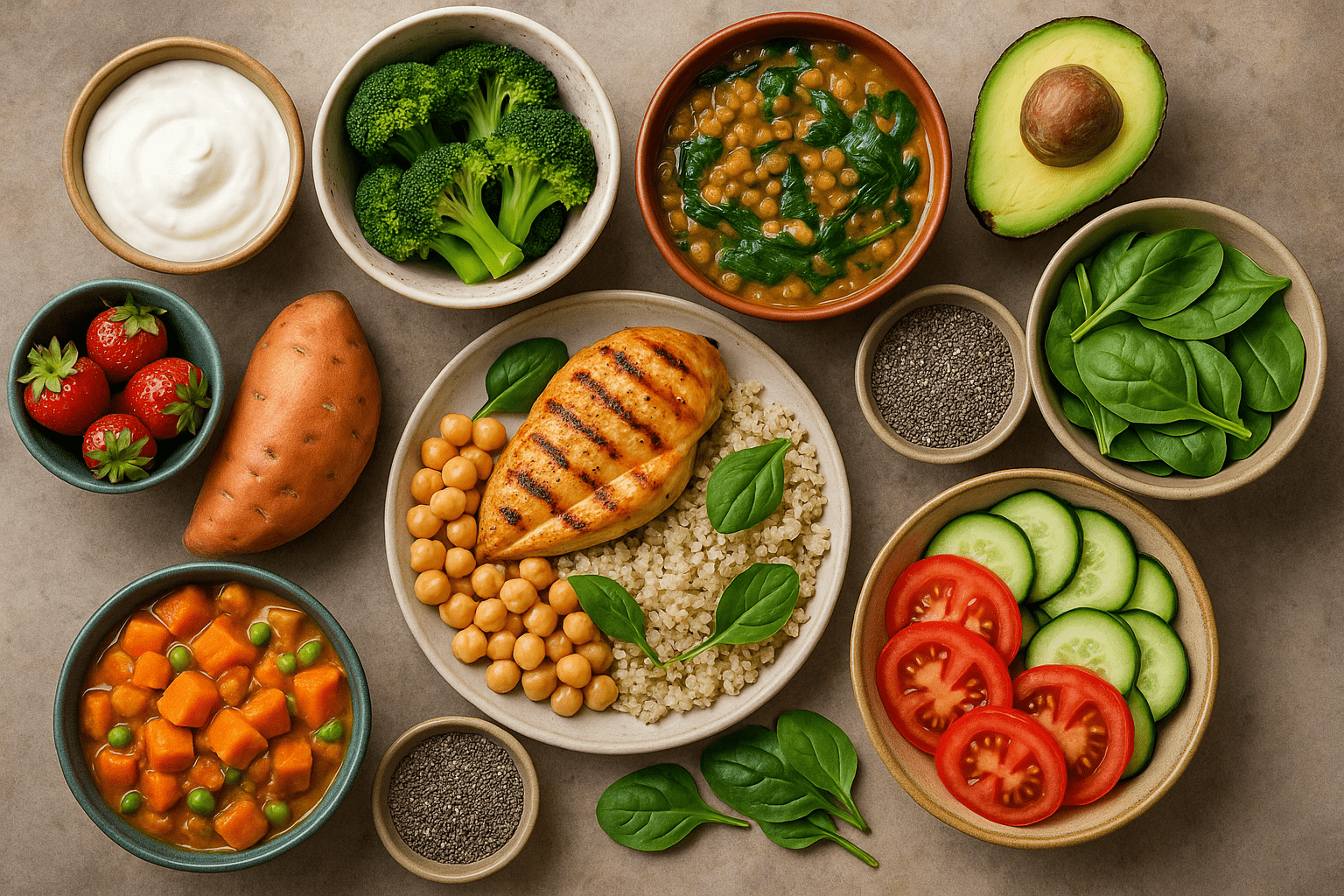
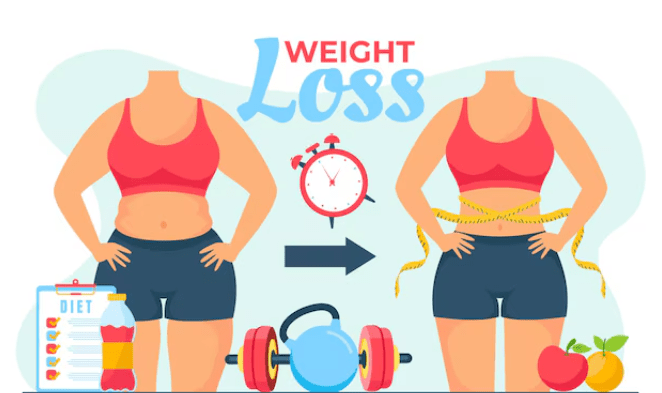

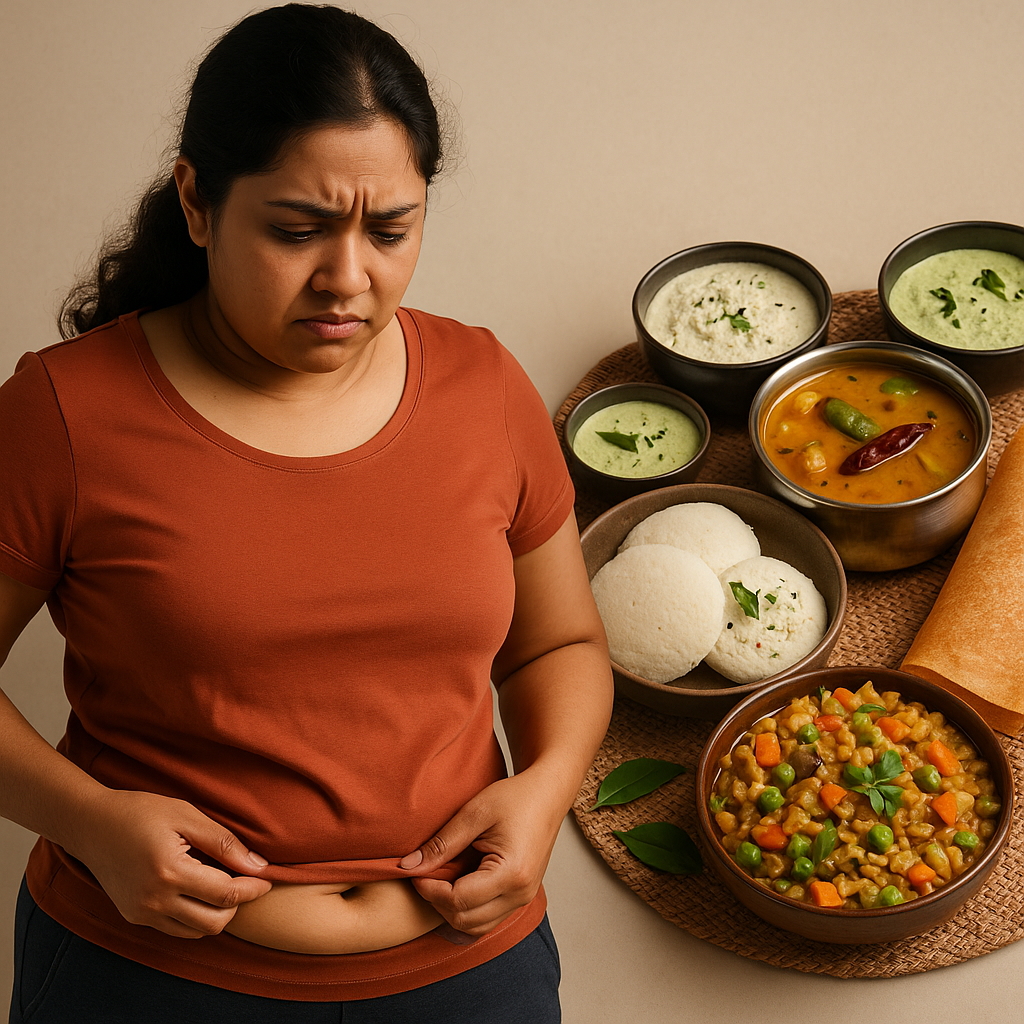
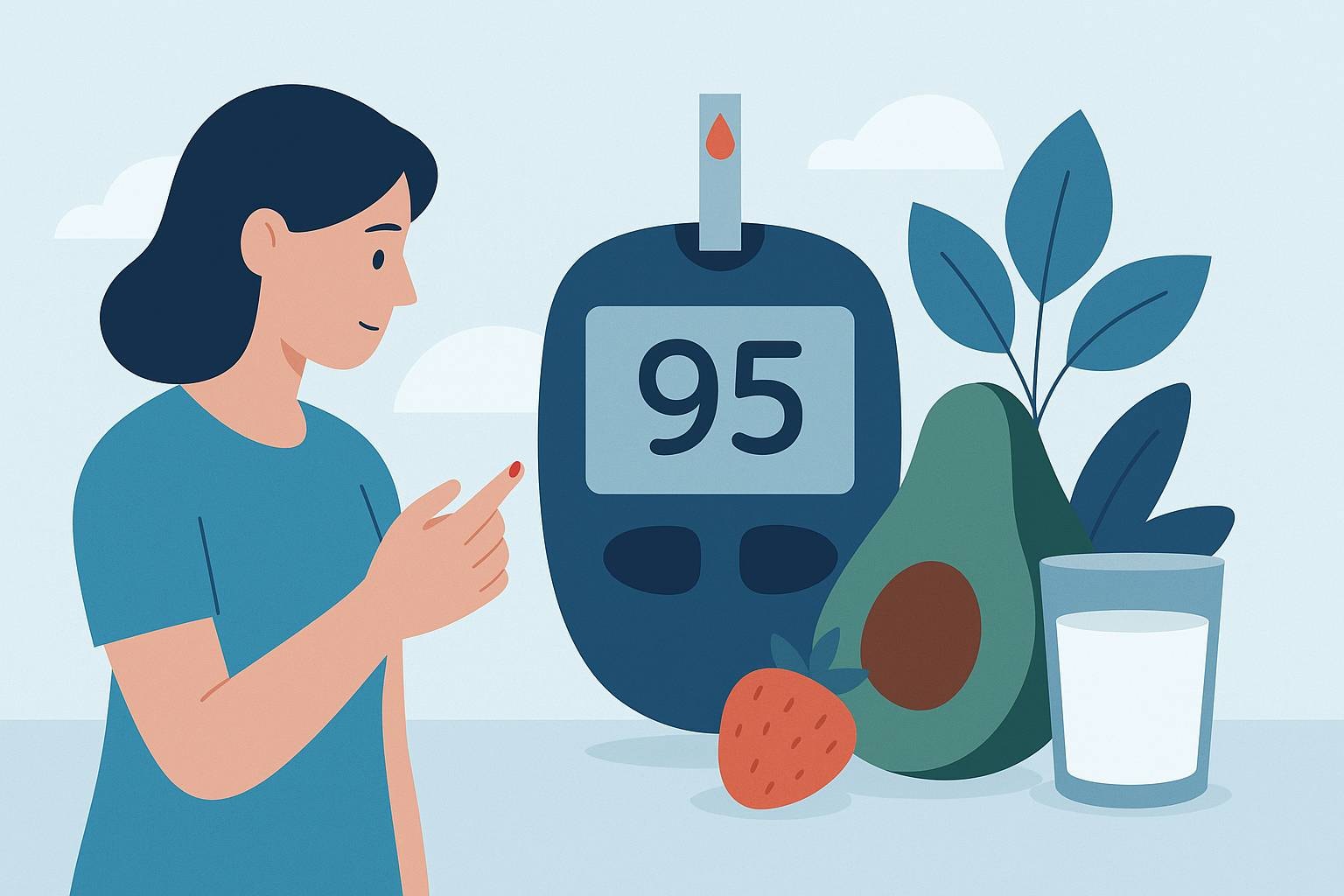

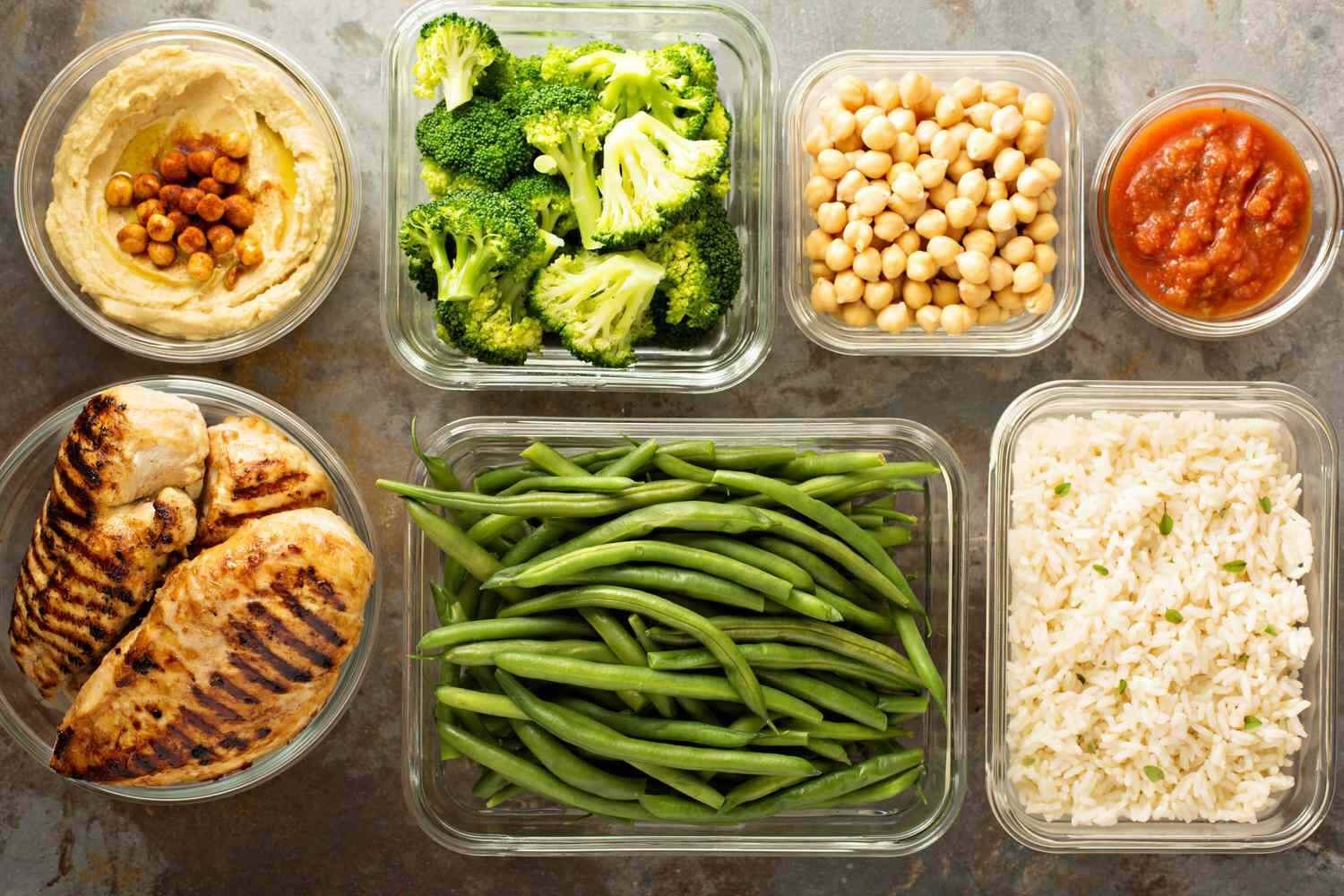
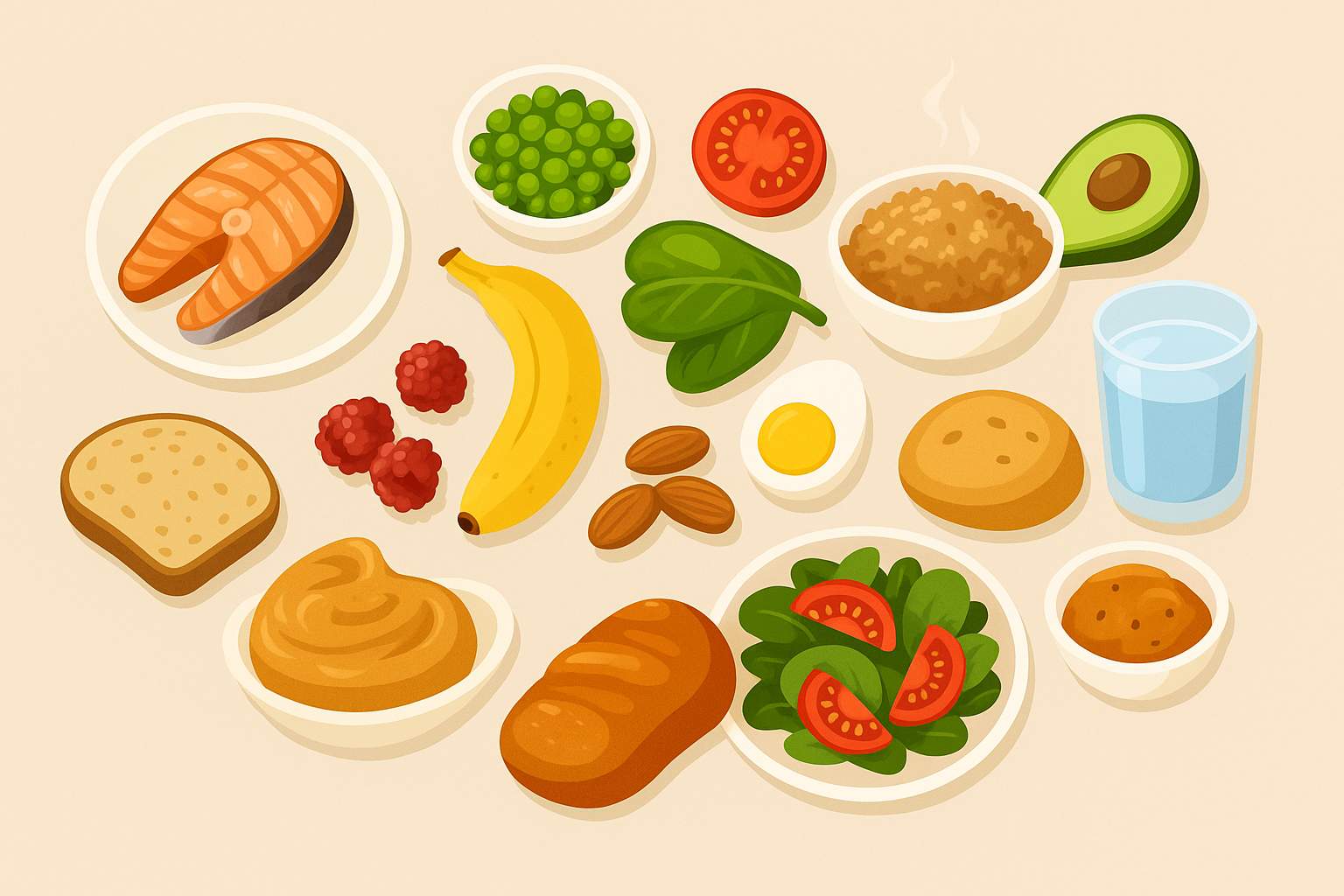
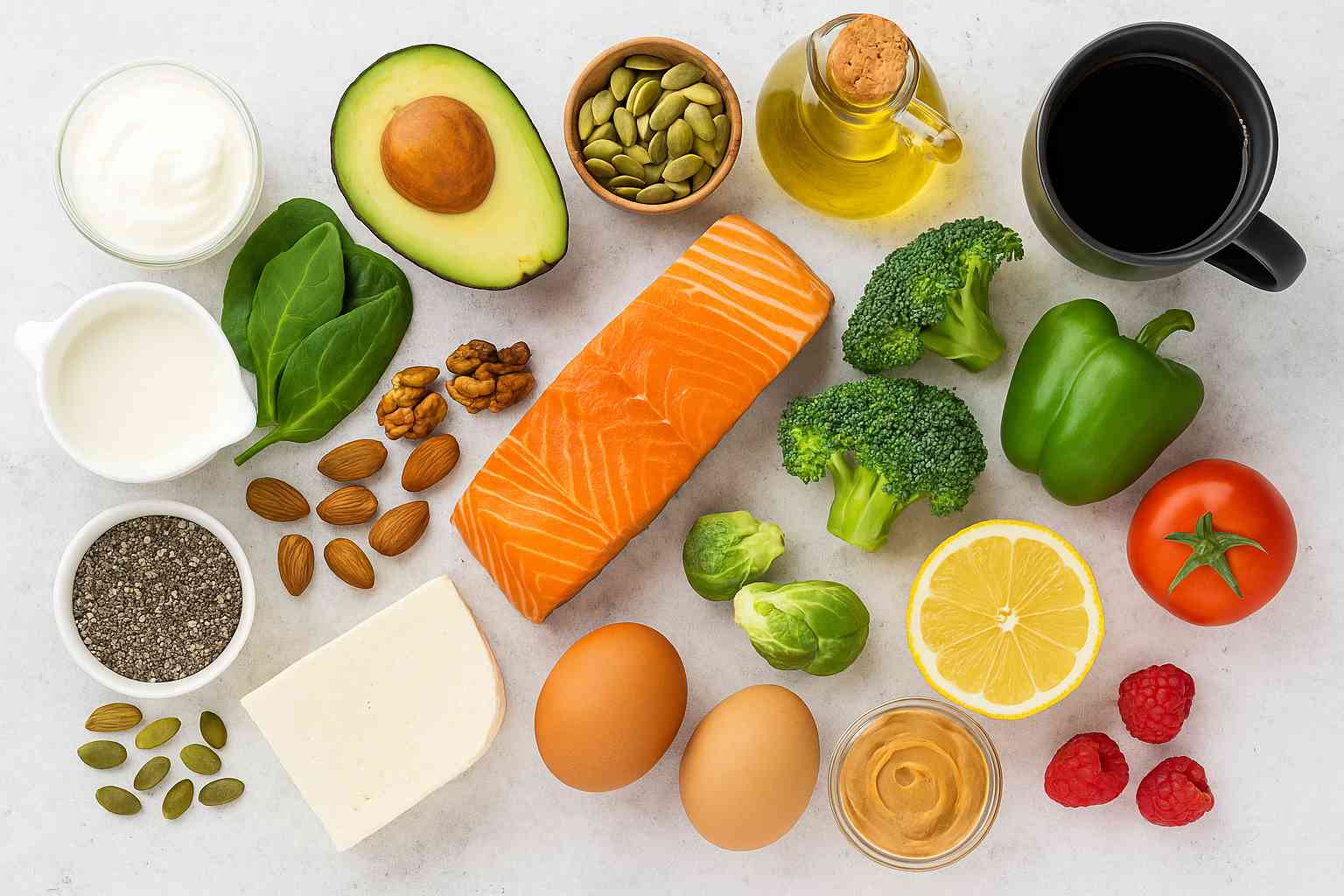
Leave a comment
Translation missing: en.blogs.comments.discription